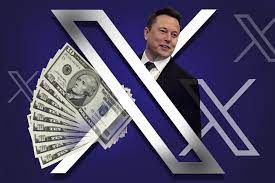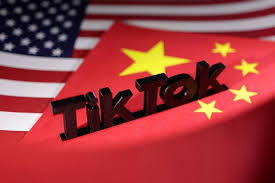This week, a 13th U.S. state granted Elon Musk’s social media site X—previously known as Twitter—a money-transmitter license, bringing it one step closer to implementing payment functionality.
According to a public licensing database, Pennsylvania approved the request on Monday. This approval has not been previously publicized. As with PayPal’s Venmo, it gives X the capacity to handle money transfers and opens the door for the business to enable customers to send money to one another.
Since purchasing Twitter in October 2022, Musk has stated that he plans to transform the business into a distributor of “everything apps,” akin to the well-known Chinese service WeChat, which allows users to pay retailers or hail a cab in addition to sending messages.
Users should be able to conduct their “entire financial life” on the platform, Musk told X staff, adding that he expected new capabilities to be “rolled out by the end of next year.”.
X would require clearance in each state before it can provide payment services to customers nationwide, according to Aaron Klein, a senior scholar at the Brookings Institution who focuses on financial technology and regulation. This might take up to 18 months and cost several million dollars.
X has also been granted licenses to operate as a money transmitter in the states of Arizona, Georgia, Wyoming, and Maryland.
The move towards payments may aid X in expanding its revenue streams outside of digital advertising, which has seen difficulties since Musk acquired the old Twitter. After Musk last month sided with an X user who promoted an antisemitic conspiracy theory, some significant advertisers stopped investing in the platform or abandoned it altogether. Later that month, the billionaire CEO made a crude remark about companies that had canceled their advertisements on X while speaking at a New York Times DealBook event.
Gaining the confidence of users and financial regulators will be “the single biggest issue” for X’s push into payments, according to Sabrina Howell, associate professor of finance at New York University Stern School of Business, given Musk’s history of making contentious statements and his erratic decision-making at X.
“A great deal of dotting of I’s and crossing of T’s is done by the banking business. I don’t think this fits in very well with how Musk operates his companies,” the woman remarked.
X refused to comment.
According to a U.S. state official who wished to remain anonymous, X’s application for a money transmitter license is currently being examined by their state. As the state examines the application, ongoing news concerning Musk and X is taken into account, the official stated.
Klein of the Brookings Institution stated, “X has been struggling since Musk took over… it’s hard to see a networking app that, in some degree, is shrinking, successfully pivoting into new fields.”
According to two former workers who asked not to be identified to discuss private work, Twitter started the process of applying for licenses to transfer money in several states before Musk’s takeover. The business obtained its first state money-transmitter license in New Hampshire in June.
Initially, Twitter’s approach was to submit license applications in states with comparatively lenient regulations. It would then apply for clearance in states like New York and California, which are known for having more stringent review procedures, according to one of the ex-employees.
Last year, during a live audio discussion on the site, Musk expressed his desire for the company to someday provide money-market accounts and debit cards.
According to Howell of NYU Stern, X will need a bank charter, clear additional regulatory requirements, or form a partnership with an established bank to hold users’ money.


















